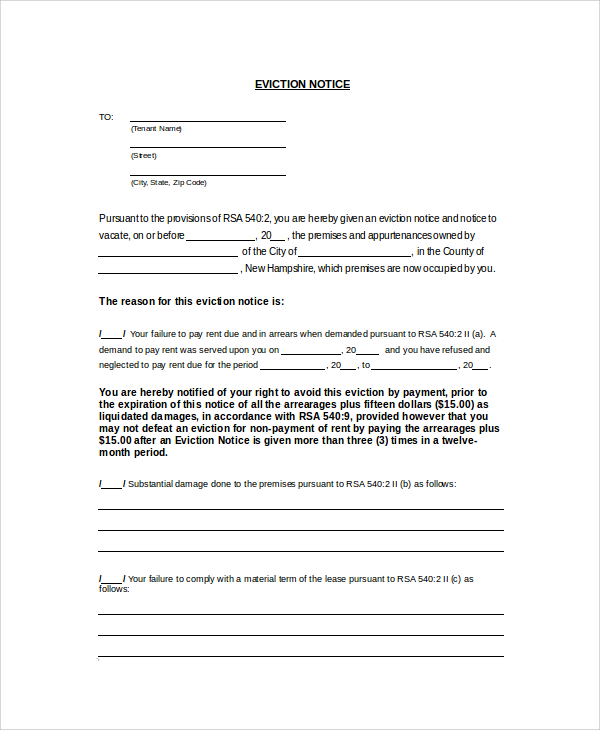
An answer to an interrogatory may be used to the extent allowed by the Federal Rules of Evidence. The person who makes the answers must sign them, and the attorney who objects must sign any objections. Any ground not stated in a timely objection is waived unless the court, for good cause, excuses the failure. The grounds for objecting to an interrogatory must be stated with specificity. Each interrogatory must, to the extent it is not objected to, be answered separately and fully in writing under oath. A shorter or longer time may be stipulated to under Rule 29 or be ordered by the court. The responding party must serve its answers and any objections within 30 days after being served with the interrogatories. (B) if that party is a public or private corporation, a partnership, an association, or a governmental agency, by any officer or agent, who must furnish the information available to the party. (A) by the party to whom they are directed or An interrogatory is not objectionable merely because it asks for an opinion or contention that relates to fact or the application of law to fact, but the court may order that the interrogatory need not be answered until designated discovery is complete, or until a pretrial conference or some other time.

An interrogatory may relate to any matter that may be inquired into under Rule 26(b). Leave to serve additional interrogatories may be granted to the extent consistent with Rule 26(b)(1) and (2). Unless otherwise stipulated or ordered by the court, a party may serve on any other party no more than 25 written interrogatories, including all discrete subparts.


 0 kommentar(er)
0 kommentar(er)
